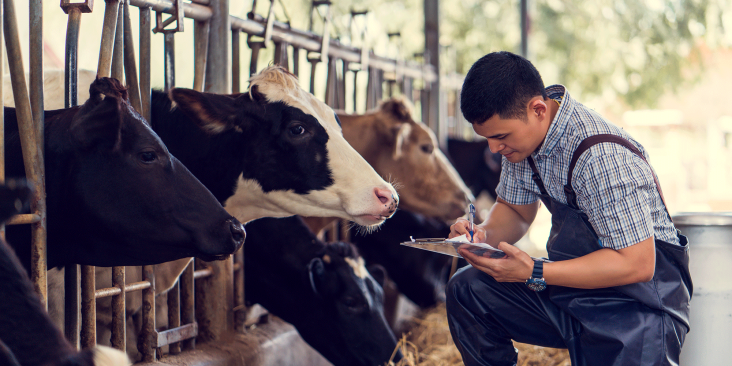Many regions in California are embarking on a new era of water and land management strategies as local agencies implement sustainability initiatives and climate change intensifies droughts and water scarcity.
However, too often low-income rural communities have had little opportunity to influence land and water decisions that directly impact — and often harm — them, resulting in such outcomes as wells drying up and limited access to parks.
California’s new Multibenefit Land Repurposing Program aims to ensure these communities as well as small-scale farmers are more involved in land and water use planning by making their engagement a requirement for funding recipients.









